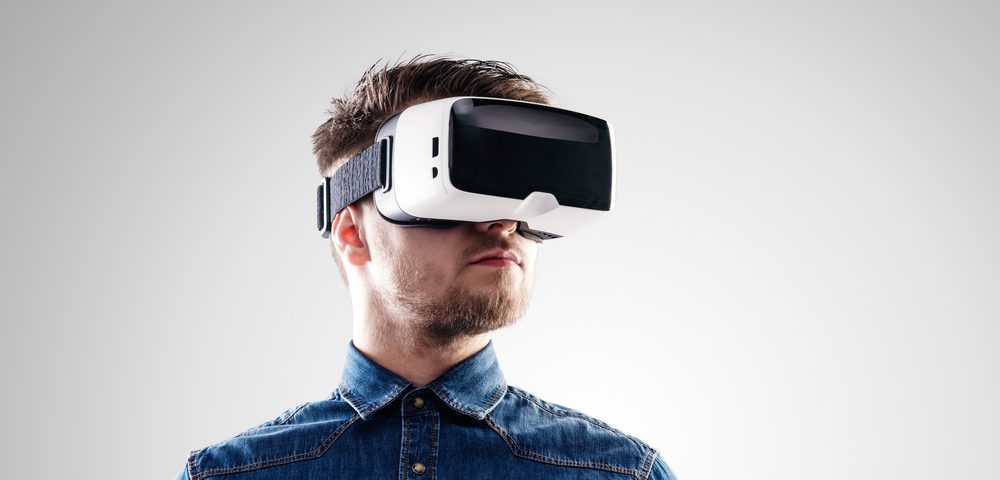The U.S. Food and Drug Administration (FDA) has granted breakthrough device designation to AppliedVR‘s EaseVRx, a virtual reality therapeutic, recognizing its potential for helping to manage both therapy-resistant fibromyalgia and chronic intractable lower back pain.
This designation is intended to help speed up the development of devices that may substantively improve medical care for serious diseases or enable their diagnosis.
EaseVRx is one of the first virtual reality or VR-based technologies to receive breakthrough device designation for pain-associated conditions.
“Today’s FDA designation demonstrates that health experts across the spectrum recognize the therapeutic potential of VR as a viable treatment for pain,” Matthew Stoudt, CEO and co-founder of AppliedVR, said in a press release.
EaseVRx uses VR to help people with chronic pain learn skills for self-management. The program is grounded in principles from cognitive behavioral therapy, a type of talk therapy, and other behavioral methods. The overall goal of the program — which was designed by AppliedVR, in partnership with pain experts — is to improve self-regulation of cognitive, emotional, and physiological responses to stress and pain. This may be effective on its own, but it also could be combined with other treatments such as medications.
“Since 1980, the American Chronic Pain Association has advocated a multidisciplinary approach to pain management — using a combination of medical and behavioral techniques to address pain,” said Penny Cowan, the association’s founder and CEO. “Virtual reality has the potential to be an important resource in this approach, helping people with pain to think differently about their conditions and learn strategies to reduce suffering and improve quality of life.”
The feasibility of EaseVRx as a therapy for chronic pain was demonstrated in a small clinical trial (NCT04345575), which was sponsored by AppliedVR. The trial enrolled people ages 18-65 with chronic low back pain or fibromyalgia. Participants were given either EaseVRx or an audio therapy that provided a similar type of cognitive behavioral therapy, but without the VR component. Both interventions lasted 21 days.
Participants on VR therapy received a stand-alone headset with an orientation-tracked controller, as well as a head-mounted display, a high-resolution screen, spatial audio speakers, and an integrated microphone.
Results were available from 74 participants. In the VR group, average pain intensity from the start of the 21-day intervention to its completion was reduced by 30%. Likewise, pain-related interference on daily activity was lowered 37%. In specific assessments, pain-related interference decreased 50% on mood, 40% on sleep, and 49% on stress. For all of these measurements, a reduction of at least 30% was the minimum change considered to be clinically meaningful.
Notably, while pain scores also decreased significantly in the group that were given audio treatment, the effect was significantly greater in the VR group across multiple measurements.
Overall, 84% of participants in the VR group reported that their pain had eased; the remaining 16% reported no change. In the audio group, 62% of participants reported less pain while 34% reported no change; one participant (representing 3%) reported worsening pain.
In the VR group, 84% of participants reported high satisfaction with the intervention, as did 72% of those in the audio group. Most participants (76%) in the VR group never experienced motion sickness or nausea during the intervention. Such side effects were mostly infrequent among the other six participants (24%).
“AppliedVR is the most evidence-backed VR platform on the market,” according to Stoudt.
The company is hoping the new breakthrough designation will help patients receive more timely access to the new technology.
“Virtual reality is a promising skills-based behavioral medicine that has been shown to have high patient engagement and satisfaction.” said Beth Darnall, PhD, AppliedVR’s chief science advisor.
“However, chronic pain patients to date have had very limited access to it, so we’re excited to continue working with the FDA to develop our platform and get it into the market faster,” she said.
AppliedVR is currently running additional clinical trials to further evaluate EaseVRx and its other technologies.

